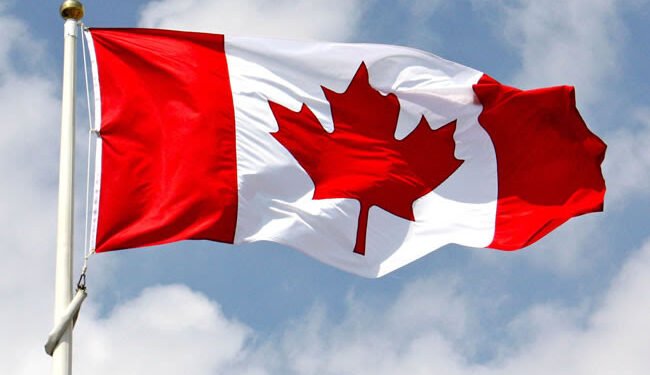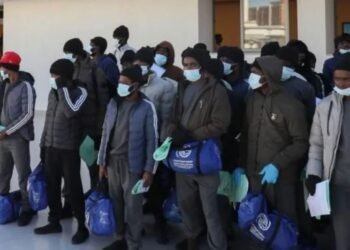Canada’s Immigration and Refugee Board says it turned down 114 Nigerians who applied for refugee protection between January and June, 2023.
So far, 12,035 Nigerians have been rejected under the scheme since January 2013, data from the Refugee Protection Division of the IRBC shows.
The IRB grants refugee protection in Canada if the RPD satisfactorily confirms that an applicant or claimant meets the United Nations definition of a convention refugee, “which has been incorporated into Canadian law, or that the applicant is a person in need of protection.”
The 1951 UN Convention on the Status of Refugees defines refugees as persons with a substantiated fear of persecution because of their race, nationality, religion, political ideology or membership in a particular social group. Such social groups can include sexual orientation, gender identity, being a woman and persons living with HIV/AIDS.
However, the document indicated that people asking for protection in Canada must show evidence showing the danger of torture, a risk to their life, or risk of cruel and unusual treatment or punishment should they return to their country of nationality.
It was learnt that the protection claims are made when immigrants notify the Border Services Agency at any port of entry upon arriving in Canada or report to an immigration officer.
“The officer decides whether the claim is eligible to be referred to the IRB. If the claim is eligible, it is sent (‘referred’) to the RPD to start the claim for refugee protection process,” an application guideline by the Refugee Board reads.
However, the RPD has rejected about 12,035 such applications from Nigerians for a decade and six months.
The breakdown showed that 127, 241, and 248 Nigerians were denied protection in 2013, 2014, and 2015 respectively, under the new system for determining refugee protection claims made in Canada – which took effect on December 15, 2012.
2019 saw the highest rejected claims so far, with 3,951 Nigerian applicants turned down, while 1,770, 1,686, and 728 persons were denied protection in 2020, 2021, and 2022.
Nevertheless, 9,783 Nigerians were granted refugee status within the period under review. There were 20 in 2012; 308 in 2013, 394 in 2014 and 389 in 2015. Also, 389 Nigerians were received in 2016, 764 in 2017, 755 in 2018, and 1,733 in 2019. While 2020, 2021, and 2022 saw 1,534, 2,302, and 1,315 persons granted protection, respectively. 289 Nigerians have been accepted for protection in the first six months of 2023.
As of June 2023, 2,198 applications were pending, as at least 432 persons had withdrawn their refugee claims.
In a previous interview with our reporter, the Executive Director, Women Trafficking and Child Labour Eradication Foundation, Imaobong Ladipo-Sanusi, who judged the acceptance rate as “fair,” said irregular migration was often the main cause of rejections.
Ladipo-Sanusi said, “Most times, many Nigerians miss it when they don’t understand the laws governing refugee status as adopted in their chosen destination. Every country has its regulations for absorbing people into its system.
“For one, documentation is crucial because coming irregularly will get you rejected from their system. But ultimately, everybody’s rights must be protected. Migration must be safe, orderly and regular. Even if their status is irregular, those who really need protection should be protected.”
Also speaking, a former Nigerian Ambassador to Singapore, Ogbole Amedu-Ode, noted that although it was not practicable for all refugee and asylum seekers to be admitted, border control agencies had the duty to reject persons perceived to be a threat to their countries.
(Courtesy, Sunday PUNCH, excluding headline)










